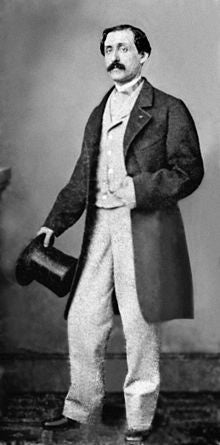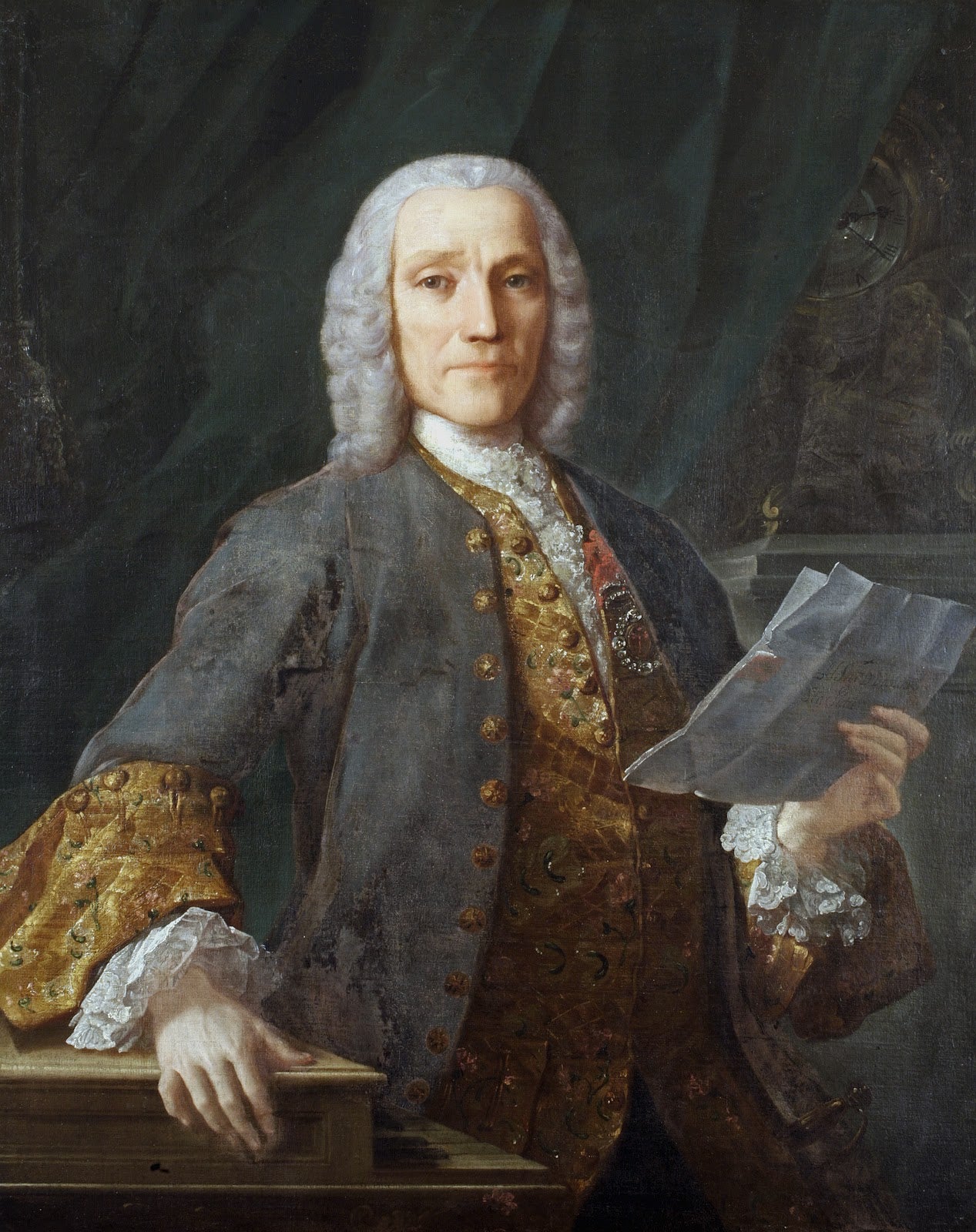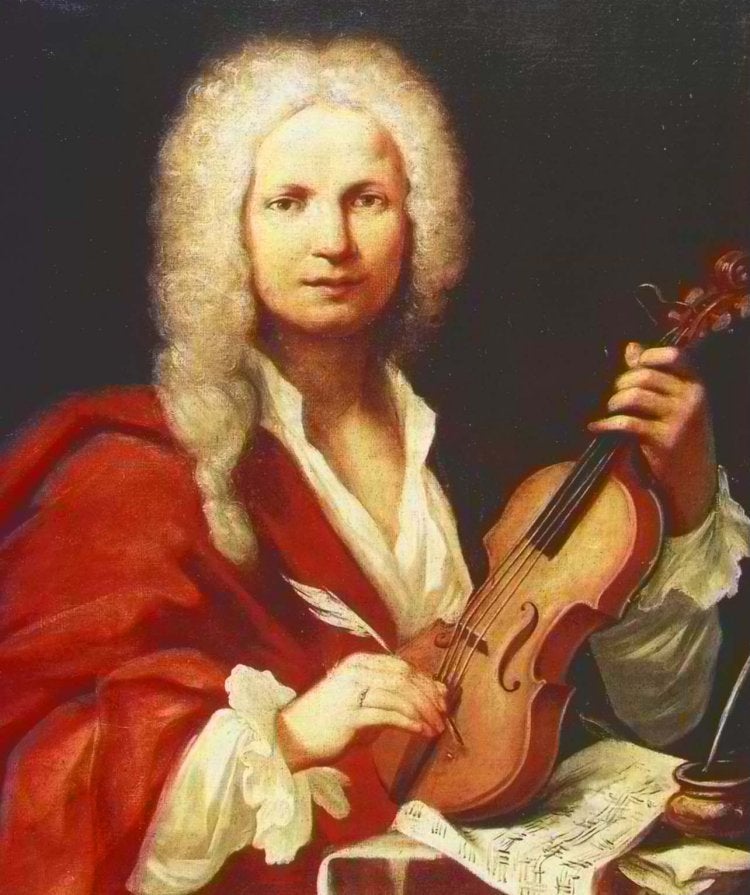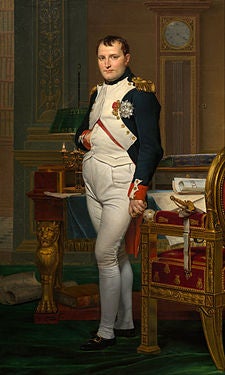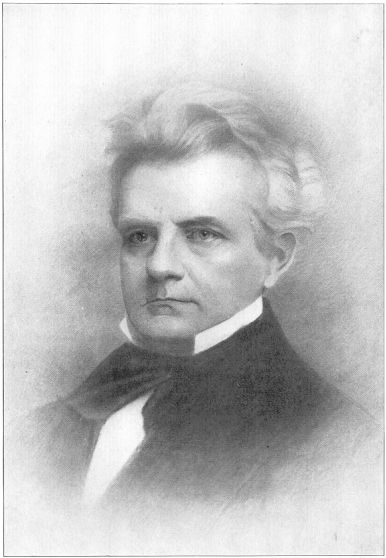Harrisburg, Pennsylvania, June 16, 1863. New Orleans pianist and composer Louis Moreau Gottschalk found himself in one of the most dangerous places in the world as a Confederate invasion of the North spread panic in the streets. He wrote in his journal:
One train leaves at five o’clock , another left at two o’clock. I doubt the one promised us can accommodate the constantly increasing crowd of four or five thousand persons which presses into and around the station. Litters are provided for the sick. Many are occupied by wounded soldiers who will not be left here. Immense trains of merchandise continue to arrive. The panic increases. It is no longer a flight, it is a flood, a matter of everyone for himself. It would seem, in view of the speed with which the inhabitants abandon their city, that the rebels already were in sight. Trunks, boxes, bundles of clothes, furniture, mattresses, kitchen utensils, and even pianos are piled pell-mell on the road.
Carriages, carts, chariots, indeed all the vehicles in the city, have been put in requisition. The poor are moving in wheelbarrows. A trader has attached to his omnibus, already full, a long file of spring carts, trucks, and buggies, whose owners probably have no horses, and drags them along to the great displeasure of his team, which sweats, froths, and falls under the increased weight of the load. A long convoy comes in, with ten locomotives in front. It brings cannons, caissons, and many steam engines under construction, which have been sent to Harrisburg to prevent their falling into the hands of the enemy. The confusion is at its height. Cattle bellowing, frightened mules, prancing horses, the noisy crowd, the whistling locomotives, the blinding dust, the burning sun….
Stay informed on the latest news
Sign up for WPR’s email newsletter.
Harrisburg remained in Union hands. Gottschalk traveled on to Philadelphia and points north as Confederate and Union armies moved toward a confrontation near a town called Gettysburg.
Wisconsin Public Radio, © Copyright 2024, Board of Regents of the University of Wisconsin System and Wisconsin Educational Communications Board.

